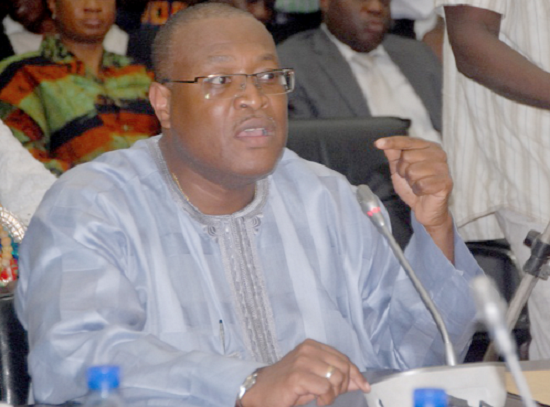
Government asked to prioritise primary health issues
The Executive Director of the Alliance for Reproductive Health Rights, Madam Vicky T. Okine, has called on the government to prioritise primary health issues for all, especially women and girls in the country.
She said a strong primary health care, and an effective foundation of health systems, could help the country to fully achieve the vision put forward in the Alma Ata Declaration of 1978, a vision of health for everyone and everywhere.
Madam Okine made the call in a statement made available to the Ghana News Agency (GNA) on Universal Health Coverage Day, which fell last Monday.
She said when a young woman or girl in the country needed medical help on family planning she faced a number of obstacles, including access to nearby clinics, because work and household duties left her strapped for time.
She noted that these basic preconditions were not met despite significant progress as far as the Millennium Development Goals were concerned.
“Strong primary health care can manage 90 per cent of people’s health needs and provide a range of services including vaccinations, cancer screening and treatment for childhood diarrhoea, pneumonia and malaria,” she added.
Madam Okine said strong primary health care systems built trust between patients and providers. As a result her outfit has over the years advocated women’s reproductive rights and had seen how often women and girls forwent health care because of social stigma and pressure.
“The country’s Community-based Health Planning Services (CHPS) initiative was first created 20 years ago with the aim of reducing geographic barriers to health care. Since then, community health workers have delivered essential health services to millions of Ghanaians in distant pockets of the country – a testament to the power of primary health care,” she added.
She said even though the government had worked hard to scale CHPS and increase access to health care throughout Ghana, there was still a lot of work to be done before all Ghanaians could access essential services.
“Ghana is doing better on health system financing than most other low- and middle-income countries and there is the need to maintain our fortunate position and commit resources to improve the health sector,” Madam Okine added.
She urged the government to prioritise investment in primary health care so that everyone would have the potential to live a healthy life, since out-of-pocket costs were a key barrier to women and girls accessing quality health services.
The Executive Director observed that while global efforts to improve primary health care had been slow due to a lack of data on primary health care systems, the country was one of the few countries that already collected good data.
“Women and girls are neglected every day due to non-comprehensive primary health care. By investing in a strong system to deliver essential health services, we can improve health outcomes, reduce stigma and empower women to make decisions about their own lives.”
Madam Okine said investing in quality primary health care was the most cost-effective way to improve the health of women and girls “and we need to work together to ensure that women and girls are no longer left behind”.
